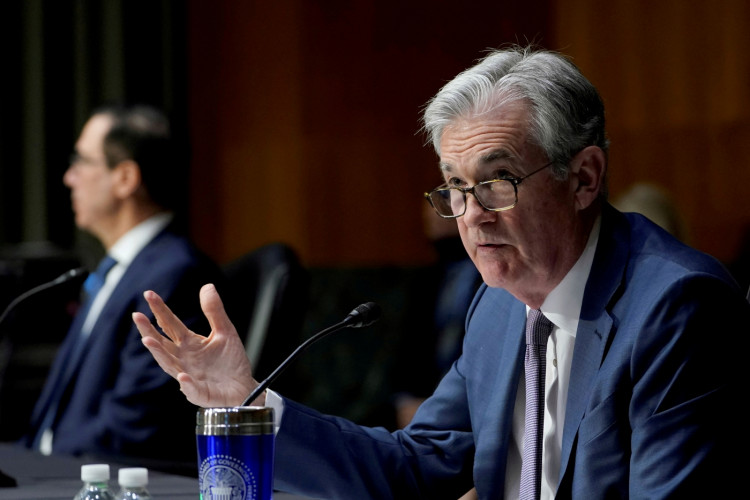Renowned investor Bill Gross said that if the Federal Reserve keeps raising interest rates, there will be major problems.
According to Gross, tightening monetary policy would further agitate the capital markets.
"The economy has been bolstered by tremendous amounts of trillions of dollars in fiscal spending, but ultimately when that is used up, I think we've got a mild recession, and if interest rates keep going up, we've got more than that," Gross said Tuesday on CNBC's "Halftime Report."
"We've got potential chaos in financial markets," he said.
The Pimco co-founder cited Tuesday's increase in global bond yields in response to the Bank of Japan's decision to broaden the yield on its 10-year Japanese government bond.
The yen stayed at a four-month high against the dollar on Wednesday as markets digested the BOJ's surprise decision to tweak its bond yield control program, potentially opening the door to a shift away from its ultra-easy monetary policy.
In a surprising move, the BOJ on Tuesday chose to allow long-term rates to swing 50 basis points on each side of its 0% objective, wider than the prior 25 basis point band, even as the central bank kept broad policy settings intact.
Investors are concerned about a slowing global economy, sky-high inflation, and other central banks' actions to raise interest rates as a result of the BOJ's decision. Global investors have been banking on the central bank changing its policies, and they will now wager more on bigger changes.
A rise in borrowing rates, meanwhile, portends trouble for commercial real estate, which might soon face "potential defaults," according to Gross. Residential real estate, on the other hand, should fair a little better and won't be as badly affected as it was during the Great Recession, he said.
"I do think, going forward, if the Fed continues to raise rates, that the ability to equitize some of your housing, which is moving down in price, is going to be severely limited, and so that'll serve as a caution for the housing market," Gross said. "But in terms of a debacle, as in '07, '08, I don't think we're headed there."
The dollar index, which measures the U.S. currency to the yen and five other major currencies, was unchanged at 103.94.
The Japanese yen fell 0.26% against the U.S. dollar early on Wednesday, but it remained close to its four-month high of 130.58 per dollar, which it reached on Tuesday after spiking 3.8% higher.






